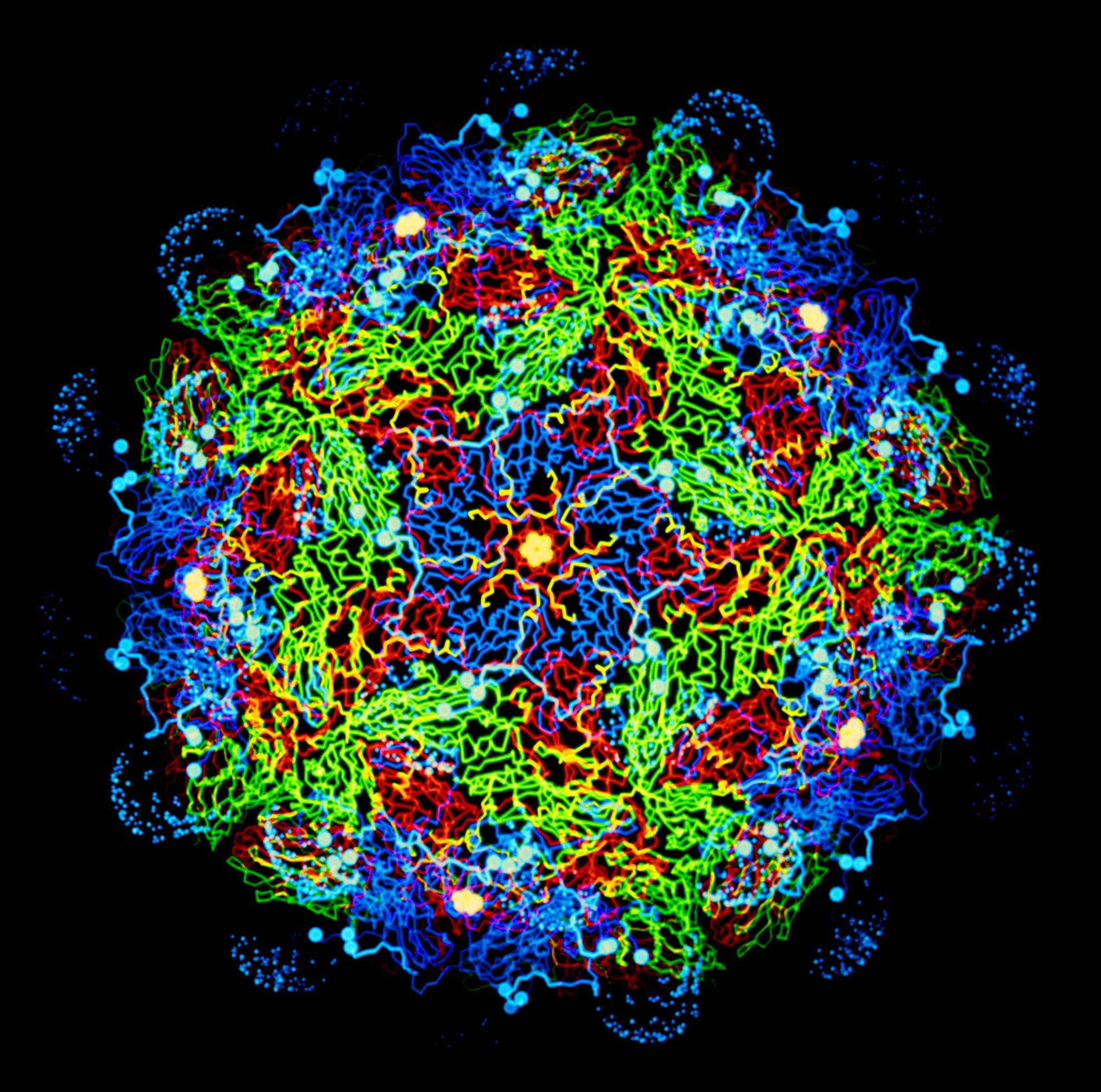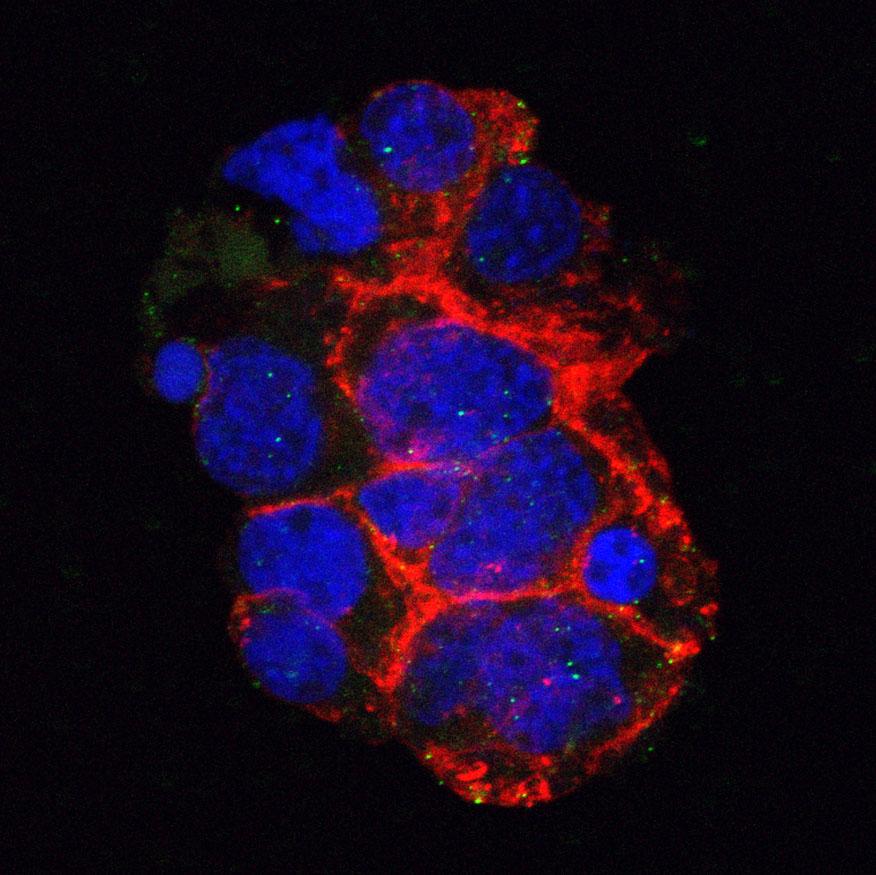Epidemiological characteristics and economic impact of lumpy skin disease, sheeppox and goatpox among subsistence farmers in Northeast Nigeria
Lumpy skin disease (LSD), sheeppox (SP), and goatpox (GP) are contagious viral infections, affecting cattle (LSD), sheep and goats (SP and GP) with highly characteristic clinical signs affecting multiple body systems. All three diseases are widely reported to reduce meat, milk, wool and cashmere production although few studies have formally evaluated their economic impact on affected farms. This study aimed to estimate the economic impact and epidemiological parameters of LSD, SP, and GP among backyard and transhumance farmers in northeast Nigeria. A retrospective study was conducted on herds and flocks affected between August 2017 and January 2018 in Bauchi, Nigeria. Herds and flocks were diagnosed based on clinical signs and information was collected once the outbreak concluded using a standardized questionnaire. Data were collected from 99 farmers (87 backyard and 12 transhumance). The median incidence risk and fatality rate were 33 and 0% in cattle, 53 and 34 % in sheep; 50 and 33% in goats, respectively, with young stock having higher incidence risk and fatality rates than adults. Almost all farmers (94%) treated affected animals with antibiotics, spending a median of US$1.96 (min US$0.19–max US$27.5) per herd per day. Slaughtering or selling affected animals at low prices were common coping strategies. Farmers sold live cattle for 47% less than would have been sold if the animal was healthy, while sheep and goats were sold for 58 and 57% less, respectively. Milk production dropped 65% when cows were clinically affected and 35% after they recovered. Cattle lost a median of 10% of their live weight and sheep and goats lost 15%. Overall economic losses at farm level range from US$9.6 to US$6,340 depending on species affected and production system. Most of the farmers (72%) had not replaced all affected animals at the time of the study. Livestock markets were the most common place to sell affected animals and buy replacements, suggesting these are likely hubs for spreading infections. This study confirms the immediate and long-lasting impact of these diseases on subsistence farmers' livelihoods in North-East Nigeria and suggests potential mechanisms for targeted control.

